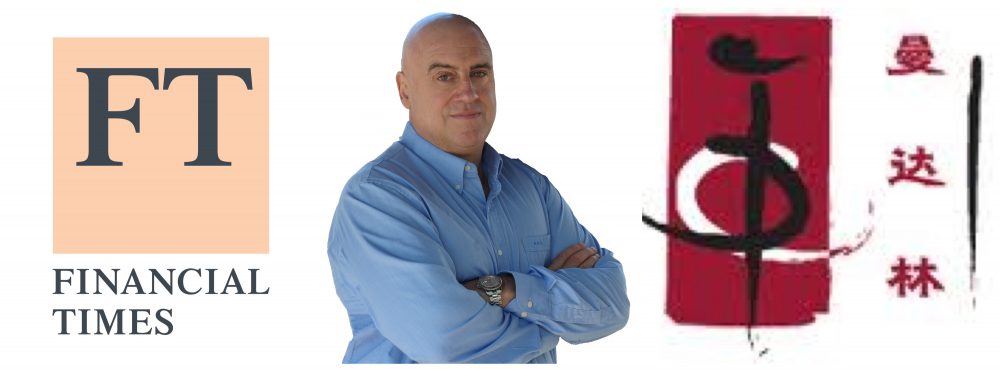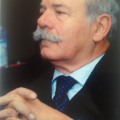Actors, models and athletes including basketball star Yao Ming are helping funds reise billions
For years, China’s 7ft, 6-inch basketball superstar Yao Ming used his height to slam dunk over the heads of opponents. Now he’s counting on his larger than life profile — one of China’s most recognisable — to raise capital at home and abroad.
Mr Yao is among a growing cohort of athletes, supermodels, actors and pop stars in China leveraging their celebrity to tap the country’s lush investor base. Luminaries in the country have succeeded in raising billions of renminbi in recent years as total subscription in China’s private equity industry swells to more than Rmb12tn ($1.8tn) this year.
The stardom has certainly helped launch the investing career of 36-year-old Mr Yao, who played for nine seasons on the US basketball team the Houston Rockets before retiring in 2011 with a foot injury.
While well-known in the US, Mr Yao has risen to immense fame in China, becoming a symbol of China’s growing status on the international stage. He has even been inducted as a member of a national political body that meets once a year in Beijing.
Yao Capital, Mr Yao’s fund that he co-founded with Carlyle veteran David Han last year, has already attracted Rmb2bn and plans to raise a US dollar fund sometime this year. Mr Han says the Yao name opens doors and helps with fundraising.
“The reason why we call it Yao Capital is for brand awareness,” Mr Han says. “Wherever we go, in Europe or the US, people know who Yao is.”
The reason why we call it Yao Capital is for brand awareness. Wherever we go, in Europe or the US, people know who Yao is
The fund focuses on athletic-themed investments and Mr Yao’s expertise in this area has given several large Chinese investors confidence in the fund, Mr Han says.
Mostly, however, investors are more comfortable in handing cash to opaque, largely unregulated funds in China when the names of big-name stars are attached.
Among athletes, Deng Yaping, the Olympic gold medallist ping-pong player from China, said late last year that she had raised Rmb1bn to invest in sports-themed assets. Male gymnast Xing Aowei, who helped China win a gold medal in the Olympic Games in Sydney in 2000, also joined a group of professional investors in 2015 to launch a venture-capital fund.
Yang Ying, a Chinese model and actress better known as Angelababy, launched a private equity group called AB Capital together with her film-star husband in 2015. Ms Yang, who appeared in the Hollywood film Independence Day: Resurgence, has since invested in a juice-making company.
Even 26-year-old pop singer Lu Han has linked up with experienced investors at China’s New Hope Group to find investment products popular among Chinese born during the 1990s.
“The fact that celebrities raise money says something about the relationship-driven nature of China and the excess liquidity in renminbi,” said Alberto Forchielli, managing partner of Mandarin Capital Partners, a China-focused investment group. “Celebrities open doors for fundraising and may source deals because people like to be associated with them.”
Between the end of 2015 and April this year, the number of private equity funds registered with the Asset Management Association of China has more than doubled to 54,403, according to the association. Subscription to funds hit Rmb12.28bn in April, up from just Rmb5tn at the end of 2015.
Yao Capital has brought in investments from some of China’s biggest names in business, such as Wang Shi, the chairman of China’s largest real-estate company China Vanke, former Microsoft and Google executive Kai-Fu Lee, as well as from the country’s largest internet portal, Tencent.
China Investment Corporation, a Qinghua University investment fund and other government-controlled investors have also backed the fund.
Celebrity fundraising is not unique to China, Mr Han points out. US Basketball star Kobe Bryant launched a $100m venture capital fund last year. “Even Michael Jordan has become an investor,” Mr Han says, referring to the US basketball star’s investments in private equity fund Revolution.
Article published on Financial Times, 5 June 2017




















Lascia un commento